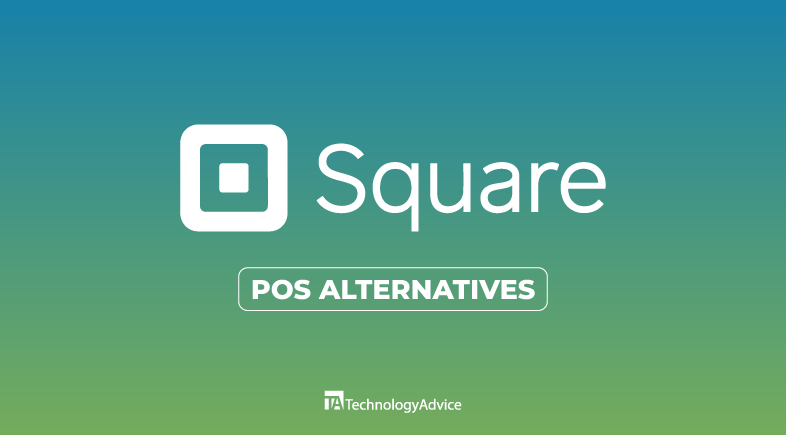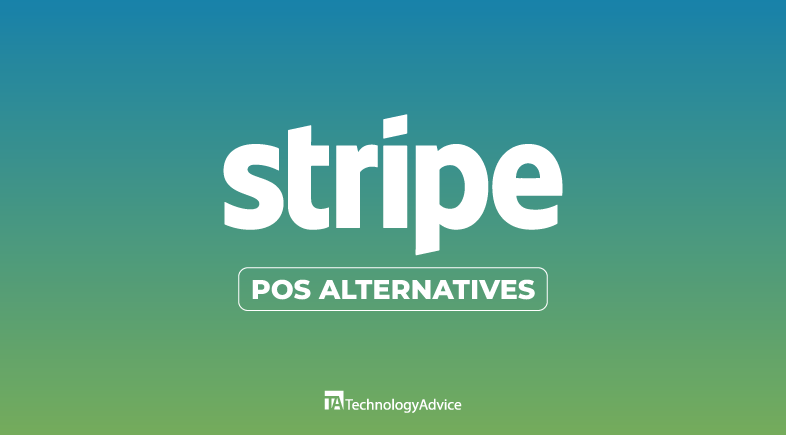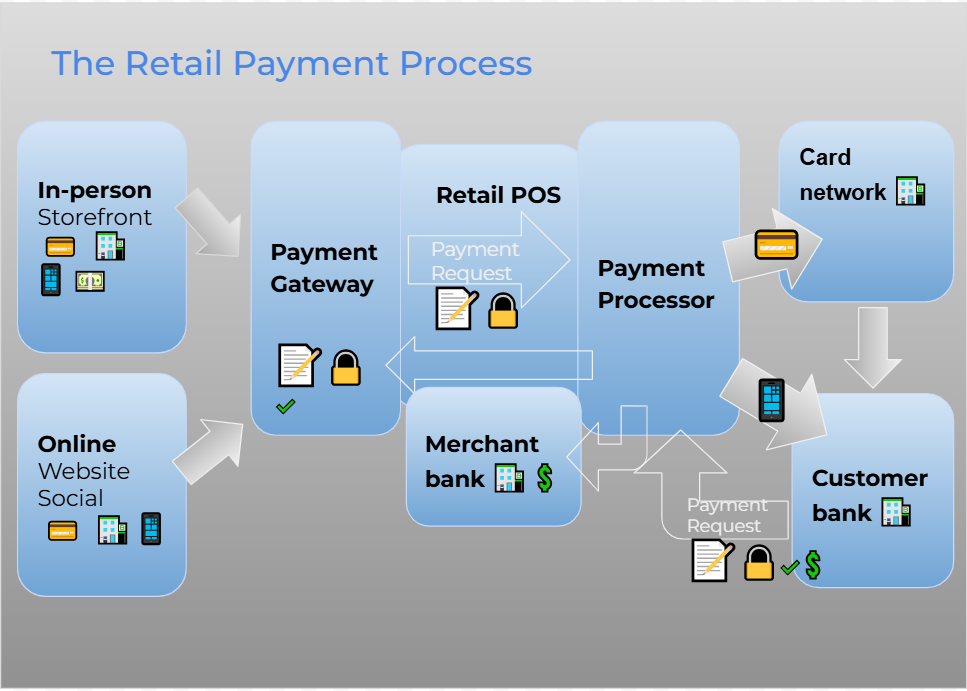Key takeaways
- Multichannel customer service gives your clients more ways to connect with your company. The level of customer service and professionalism offered should remain consistent regardless of how customers decide to engage with your business.
- A good customer relationship management (CRM) platform has the potential to boost customer engagement and increase customer retention through data analysis and access to a visual hub that offers a detailed view of important customer metrics.
A good solution to keep your current customer base happy and engaged is to employ a multichannel customer service model. When a potential customer begins his or her search for a company whose product or service satisfies their needs, they’ll often seek out businesses online that fit the bill.
Potential customers could be matched with a large number of businesses in the search results that are directly competing with your company for eyeballs and clicks. All it takes is for some negative customer feedback associated with your company to potentially turn off new customers and have them searching for a product or service solution elsewhere.
Looking for customer service software options? Check out our comprehensive Customer Service Software Guide.
What is multichannel customer service?
Multichannel customer service is a system that allows your customers to interact with your business through different methods of communication. Often, these methods include contact by phone, email, live chat and social media. The latter of these options is one that is gaining popularity as of late due to its convenience and is a critical component in client interaction.
As social media platforms like Facebook, Twitter, Instagram and others continue to be present in the lives of potential clients, support requests on social media are on the rise, so being conscious of this communication channel is crucial.
There are many ways for customers to engage with your brand today and because of this, potential clientele should receive the same level of customer service and professionalism regardless of how they choose to interact with your company.
No matter the communication method, having a reliable multichannel customer service system in place gives customers the option to contact your company in any way they see fit, so your business should continue to keep up with demand and adapt to changing trends as they unfold.
Four key support channels to improve customer service
The ability to provide excellent customer service in a variety of ways in today’s consumer-driven environment has never been more important. Service-related issues can cause customers who have a poor experience to switch to a competitor.
Therefore, providing consistent and timely customer service should be a top priority for your business and getting into the habit of responding to support requests quickly can make the difference between keeping a customer and losing one.
Through multichannel customer service there are a number of ways that your clients will be prompted to engage with you.
| Consistency is Everything | |
 |
Keeping communication consistent and addressing any customer concerns that may come up is paramount and will be one of the main determiners for the success of your business. |
As previously mentioned, four key support channels that customers can use to interact with your company include communication made by: phone, email, live chat and social media.
Phone

Widely recognized as one of the more conventional means of communication between your company and its customers, phone support is a great way of monitoring customer engagement and will allow your team to naturally work out any issue a client might have through natural conversation. Additionally, this form of personal communication, while antiquated for some customers, is often the first resort for older clientele who are less tech savvy and are more comfortable with speaking to a live agent by phone. This form of dialogue continues to be relevant today and is a powerful communication tool for customer engagement.
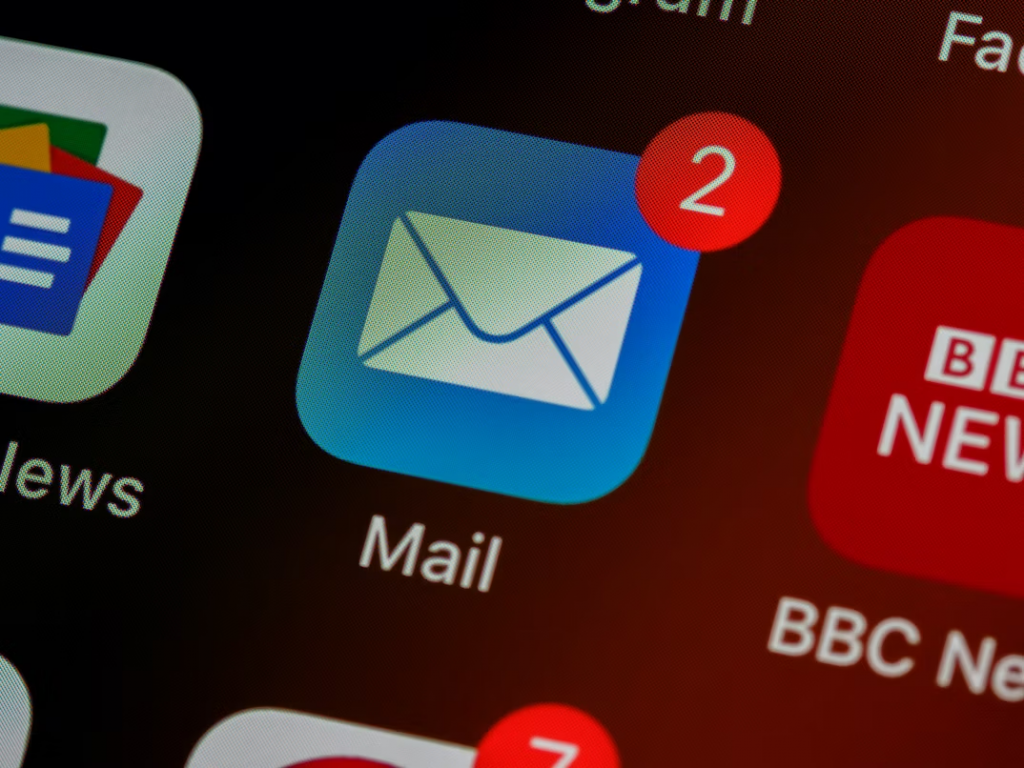
Unlike traditional phone support, email support is often a more delayed form of communication between your company and its customer base. This means that there is a potential for a support claim to take longer to process. However, there are many companies that still prefer to include this form of customer service since it still provides value. While it may seem less personal than phone support, there are customers whose busy lives mean that they simply cannot allocate the time needed to be tied up on the phone and would much rather reply to emails as it better suits their fast paced lifestyle.
Live chat

Live chat is becoming an increasingly common way for customer communication to be made right from your company’s website. This option is popular because it provides a more timely way for customers to be heard with minimal effort. Live chat is often instantaneous, which makes it more attractive and convenient for customers that are looking to quickly address any issues they may be experiencing, while also allowing them to multitask as their online request is being processed in real-time.
Social media
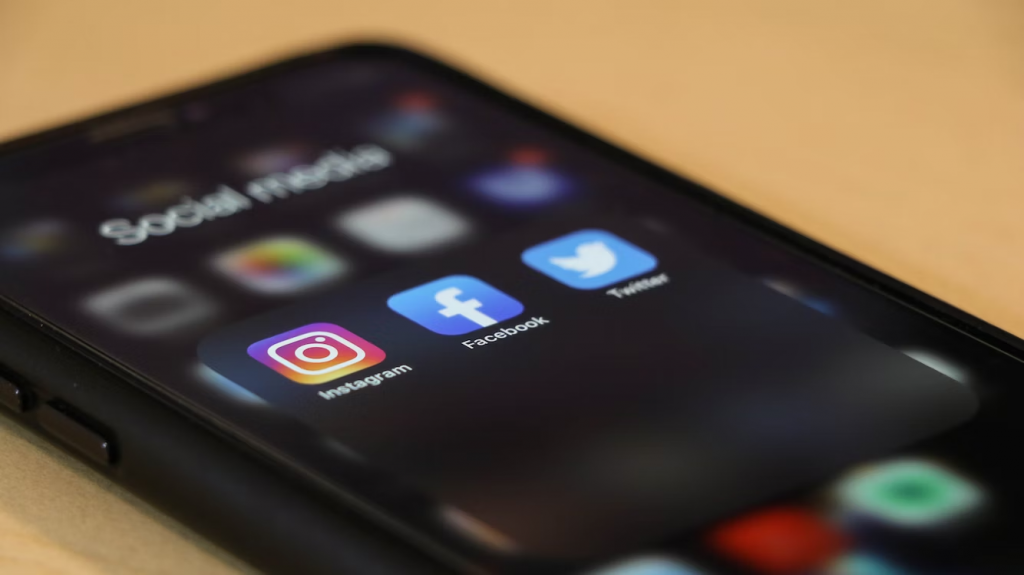
Offering customer support via social media platforms like Facebook and Twitter may not be a business’s first choice when responding to support inquiries, but many customers are very active on these platforms so this option is worth considering. Creating designated accounts for support inquiries online may be beneficial as this could help decrease customer churn while increasing engagement. Consider the size of your business and its customer base before deciding whether this support channel is the right fit.
What is customer churn and how can you prevent it?
Customer churn refers to the loss of customers during a certain point in time who for whatever reason have decided that they are no longer interested in your product or service. As your business grows customer churn is inevitable, which is why it’s an important metric to follow and staying ahead of it should be made a top priority.
In a perfect world your company should experience zero customer churn, but that’s just not the reality. Instead, there are a number of ways to prevent this issue. For example, you can focus more of your attention on customers who have already made the switch to your company and by allocating your resources to focus on their needs the odds of them sticking around are much greater.
Additionally, you can analyze customer behavior during their engagement with your business to gain a better understanding as to why some of them leave and once you possess that data it’s possible to take informed measures to mitigate the issue.
| Retain More Customers | |
 |
By outlining the many benefits that your company offers to current customers and showing them that you care about their experience should give them more of an incentive to stay loyal to your brand for a longer period of time. |
By outlining the many benefits that your company offers to current customers and showing them that you care about their experience should give them more of an incentive to stay loyal to your brand for a longer period of time.
Using a CRM to assist with customer retention
A customer relationship management (CRM) platform is a useful software solution that has the potential to manage all of your company’s interactions with current customers and potential clients. A CRM can assist your business with customer retention by gathering data based on consumer online activity and how they interact with your business.
CRMs typically include a centralized dashboard or hub that helps visualize pertinent customer information that can be accessed by any member of your team at any time. This data is routinely collected and updated by the CRM and offers a summary of valuable insights into how your customers engage with your business at every stage of the sales process.
When using this information strategically, you’ll be able to personalize your interactions with clients, thereby boosting engagement and identifying top clients who should be handled with care to reduce churn and increase retention.
Choosing the right CRM solution
There are many reasons why you should use a CRM for assisting with customer retention, but selecting the right CRM amid a sea of potential options can be overwhelming.
Consider the size of your company and its budgetary constraints when selecting a CRM that should directly address the needs of your business. No two CRMs are created exactly the same, but most offer the tools necessary to monitor and automate customer interactions, which is likely why you’d consider using a CRM in the first place.
Many CRMs will offer a free option of their service so that you can get a feel for how the software can help your company and it’s important that you select a CRM designed to meet your needs, as more feature-rich CRMs tend to be more expensive and come loaded with tools that you and your team may not ultimately need.
Once you’re confident that you’ve selected the appropriate CRM, you’ll find that collecting customer data and improving interactions in a more streamlined fashion should make your business more profitable as you retain more current customers and convert new ones more easily in the process.
FAQ
What is multichannel customer service?
Multichannel customer service allows your customers to interact directly with your company using a variety of different communication channels. These support channels can include phone, email, live chat and social media. Despite these support methods being different, the same level of attention and professionalism should be applied to all of them in order to ensure the best customer service experience.
What are the benefits of multichannel customer service?
Multichannel customer service provides your clientele with a number of different ways to communicate directly with your service team. The more communication channels your business uses and how well they are maintained will be instrumental in driving customer engagement, increasing customer retention and holding your brand to a higher standard.



